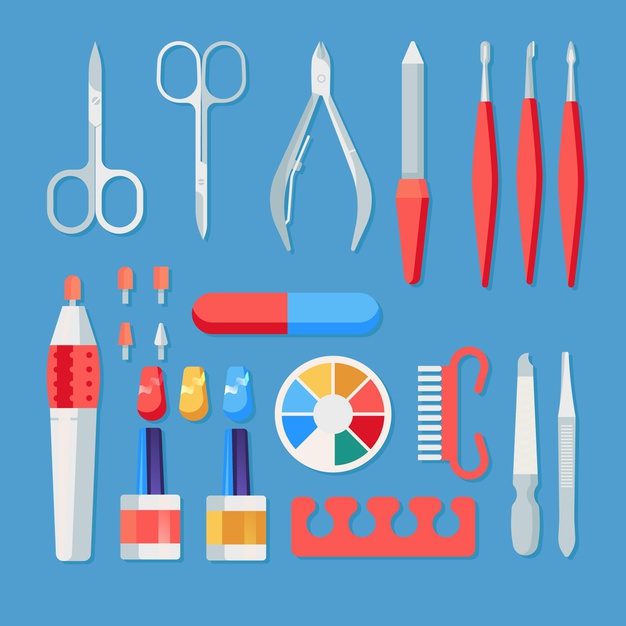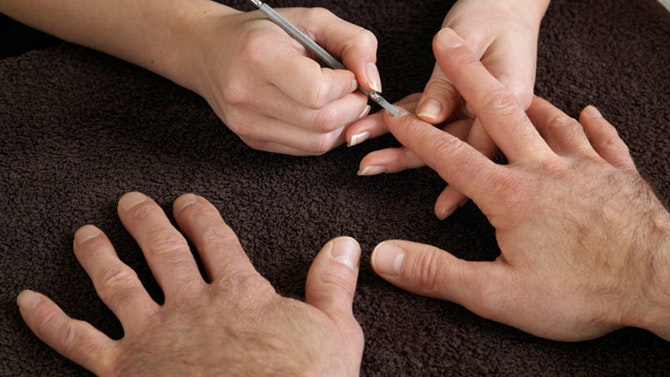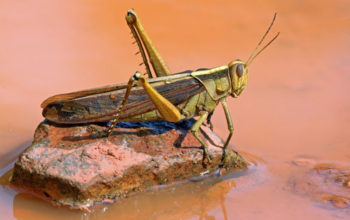Here’s why men should get manicures- plus 8 easy steps to manicure your nails at home.

The following written content by Garrett Munce
Can you think of a time in recent memory when taking care of our hands wasn’t as important as it is now? We’ve all spent more than a year focused on constant washing, sanitizing and, in some cases, glove wearing to keep our hands clean and our bodies healthy. All that hand washing has brought renewed focus to our hands and exacerbated issues like dryness and cracking. Plus, coming off winter, which is always harsh on hands, has only made these issues worse.

But that question I posed earlier is kind of a trick. Sure, washing your hands is essential right now, but hand care is always important. If anything, the hand washing bonanza we’ve been experiencing has made us “become aware of how much we have not taken care of our hands,” says manicurist Deborah Lippmann. The reason we often overlook our hands in our overall grooming routine is because we treat them as tools. “They clean, they do yard work, they do this, they do that,” she says. They’re the most used part of our body, yet we don’t often think they need to be treated with care.
And when it comes to hand care, a manicure is the gold standard. Manicures are about taking care of the entire hand, not just the nails, and can help improve the look of hands exponentially. Getting regular manicures and even wearing clear polish to protect your nails—which the Army just updated their dress code to allow—isn’t just about how your hands look, though. They can also help keep your hands healthy.
Nail Care Is Part of Hand Care
Having hydrated hands is only part of hand care, and the reason manicures focus so much on nails isn’t just for aesthetic reasons. Keeping your nails in check also helps them stay strong and keeps the delicate skin around them—called the cuticle—healthy. Your cuticle is one of the few places on your body where the skin actually ends, says Lippmann, so when it dries out it can rip and tear, causing painful hangnails. Hangnails aren’t just uncomfortable; they “can be a portal of entry for infection,” says New York-based dermatologist Ryan Turner, M.D. Just like when your hands crack, hangnails or cuts around your nails can let in bacteria and fungus. Fungal infections are particularly common around your nails and should be treated by a dermatologist, but the best thing to do is prevent them in first place by keeping your cuticles hydrated and hangnail free. If you already have hangnails, cut them off with a nail scissor—never, ever bite them with your teeth, says Lippmann. Read more from Men’s Health





